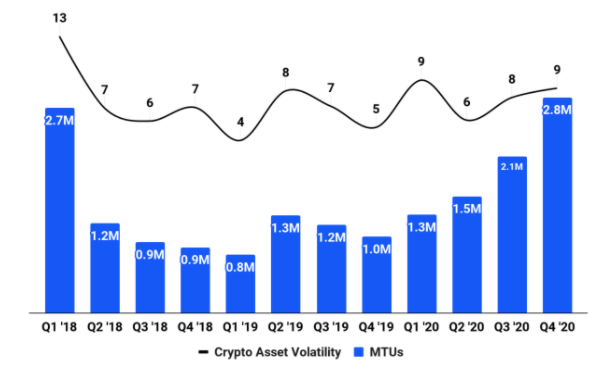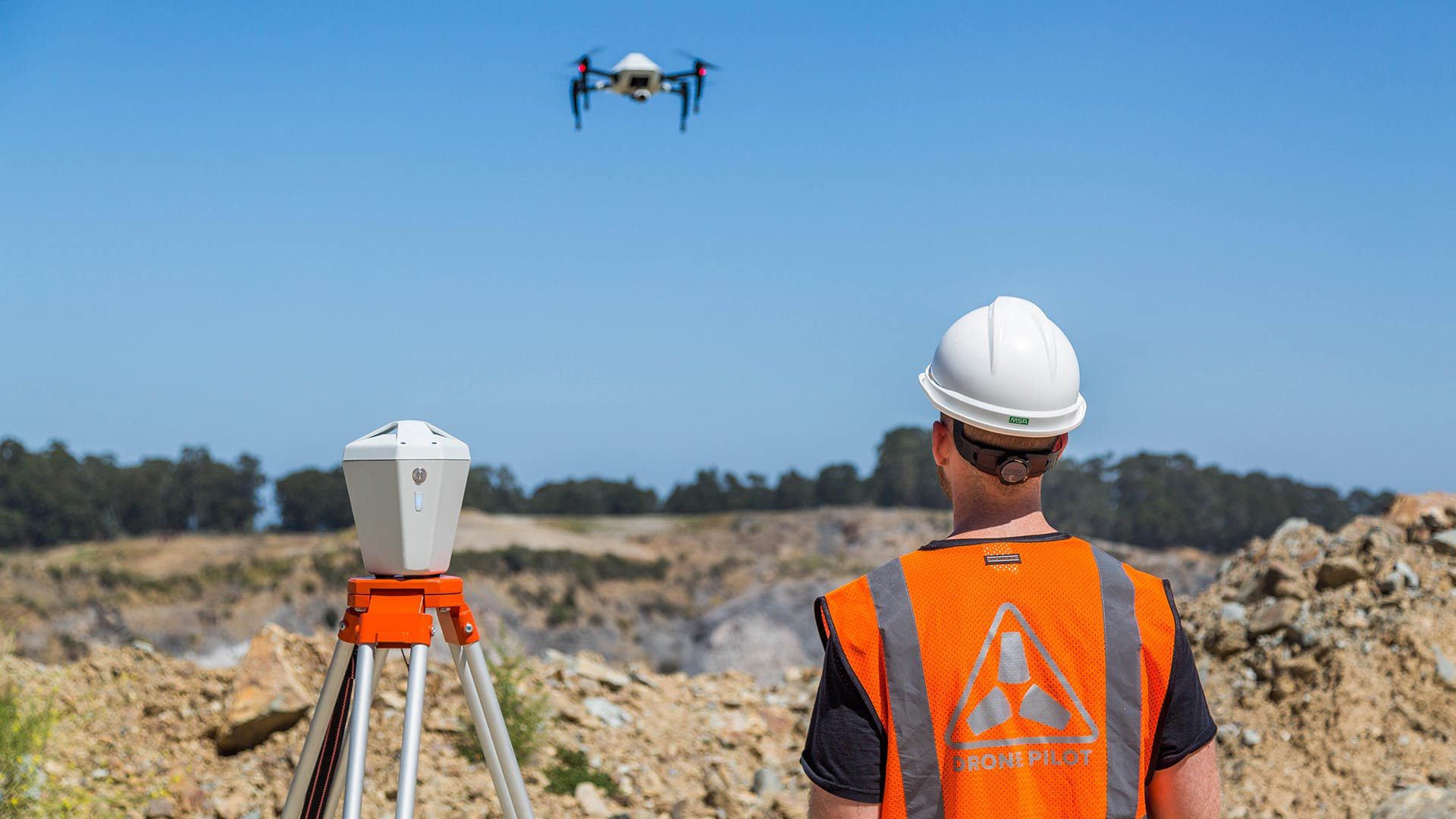Ryu Games, a startup that helps developers add cash tournaments to their mobile games, announced this morning it has raised $2.3 million in a seed round. The funds came from a number of investors, including Side Door Ventures, MGV Capital, Velo Partners and Citta Ventures.
In addition, 500 Startups participated in the round. To see the accelerator take part in the funding round is not a surprise, as TechCrunch first caught wind of Ryu during its participation in the most recent 500 Startups demo day. At the time, we were enthused by the idea of gamers wagering money to go head-to-head with other players on mobile devices. Investors appear to back our first impression of the company.
The gist behind our bullishness on the company’s idea is that esports is cool. And though your humble servant is sufficiently ancient as to favor PC-based esports, younger folks are into mobile gaming esports. Fair enough. Now mix in the sports-betting frenzy that we’ve seen in the United States, and you have a potentially potent cocktail.
TechCrunch caught up with Ryu Games co-founder and CEO Ross Krasner to dig in a bit more. It turns out that the original esports-y model that we envisioned for Ryu was a bit off. Instead, players will often go toe-to-toe in an asynchronous fashion, betting high scores in a game against one another. So, competitive “StarCraft II” this is not. But “StarCraft” is famously difficult to be even mediocre at, while mobile games are simpler by nature, and thus more popular.
Perhaps your parents will square off against office friends in cash-fueled solitaire tournaments.
The money setup is simple, with Krasner likening it to a poker tournament. You wager a set amount, and then play. Ryu collects a fee for hosting, and then players get to it.
Ryu hopes to be present on a few dozen games this year. One matter that could slow adoption, however, is that games it partners with tend to relaunch a version of their title with Ryu’s SDK built in. The startup bites back against the work that partner-developers have to undertake by cross-promoting titles that use its system. So, if you sign up, you can do more than generate revenue. Your game might also find a new audience.
Like with most seed-stage startups, Ryu Games is more of a bet on the future than proof of a new trend. Let’s see how far it can get with this set of capital, especially as vaccines take larger and larger bites out of the pandemic that has kept us locked up for so very long.




